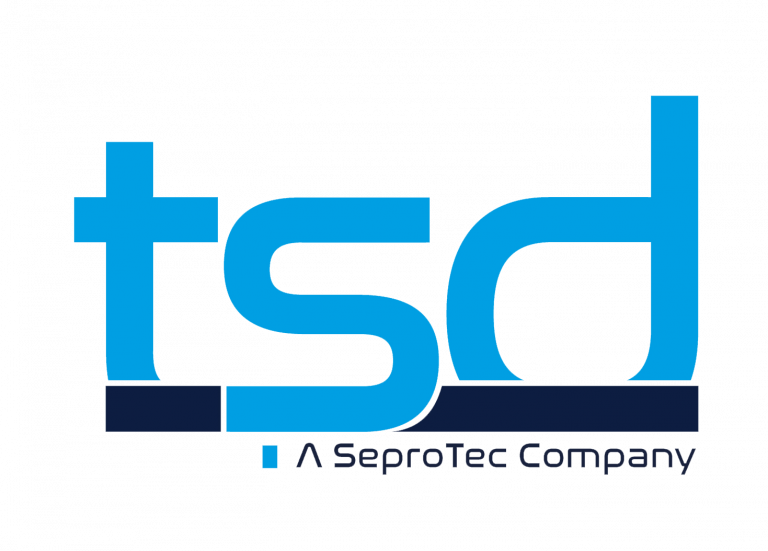The final quality assurance process in pharmaceutical and medical translation
Any translation process requires a review stage that guarantees optimal quality. This need is much more prominent, however, in the case of pharmaceutical or medical translation, due to some of the factors that come into play.
Medical translation: much more than translating
It is easy to understand that any activity related to the medical or health field requires special attention and care. This is field of vital importance: in it, a job well done can be a vital part of treating a patient and, on the flipside, a job poorly done could have fatal results. Translation within this field is no different.
Most medical texts go through a full translation process, since the results and advances of the numerous research initiatives around the world must be made available to all professionals on the planet. That is why we need specialized linguists who know first-hand how these texts work and the specificities of the different languages in which they will be working and who, in turn, have specific knowledge about the subject in question.
Quality translations for a crucial sector
As in any translation process, texts have to go through various stages in order to provide an optimal final result. Not all translation providers are created equal, but, assuming you have opted for an ISO 9001 and ISO 17100 certified corporate translation provider, you can expect your translation to be put together by at least three different people in the translation, editing and proofreading pipeline.
The quality control process, a whole, well-synchronized team

First, a specialized translator, selected for their experience as an expert in the field, with experience translating languages for native-speaker readers, will be in charge of reading the entire text, investigating any ambiguities, and transmitting all the information to the target language.
After that, a different linguist has to review the initial translation, correcting and improving any errors or slips that the translator may have left in. The proofreader adds further expertise in the subject matter and native language to the translation project, thus performing Linguistic Quality Assurance (LQA) to ensure that the translation is clear, correct, and concise.
After the translator and proofreader have completed their assignments and the translation has gone through Language Quality Assurance (LQA), the project usually goes to the layout team. Multilingual DTP experts eliminate any difficulties arising from expanding or retracting text, or character differences from the original language to the target language translation.
Lastly, a different proofreader will produce a final version. In the process of reviewing the general appearance, style and design of the project, it is also detected if something is missing or if there is an error, in which case the Project Manager (PM) is notified and forwards the text to the appropriate person to correct the problem.
When a document is submitted for translation, there is a whole team involved with the final product, which is thoroughly reviewed and researched before being finalized. Beyond the translator, reviewer, and proofreader, you have a project manager and may include a multilingual layout team working to deliver the final translation. Content can thus be analyzed more exhaustively, guaranteeing quality translations.The final quality of the text that we deliver to the client must be the highest possible, of course, due to the potential consequences that an error in this kind of text can cause. Take, for example, the case of a patient receiving an incorrect dose of a drug due to a failure to properly transcribe a medical package insert. Even more serious cases can occur, such as errors of meaning when transcribing the way to proceed during a surgical intervention, aggravating the patient’s symptoms.
For this reason, pharmaceutical and medical translation is one of the translation fields that requires the most attention. Health depends on a correct understanding and transfer of information between specialists into the most different languages, and each medical specialty has a plethora of highly specific terms. In these cases, it is essential that the translator have certain knowledge on the specific subject matter and be capable of resolving errors or technical problems. A good team of experienced linguists, such as that of SeproTec, will guarantee the highest quality in texts of this kind.
